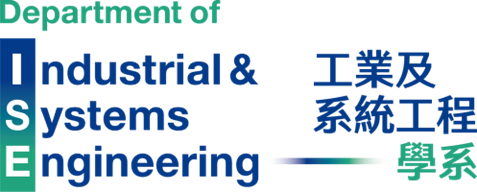Seminar on "Two Faces of Value Creation in Business Ecosystems: Leveraging Complementarities and Managing Interdependencies"
Seminar
-
Date
18 May 2017
-
Organiser
Department of Industrial and Systems Engineering, PolyU
-
Time
10:00 - 12:00
-
Venue
EF619
Speaker
Prof. Rahul Kapoor
Summary
Keynote Speaker
Prof. Rahul Kapoor
Associate Professor, The Wharton Business School, University of Pennsylvania
Rahul Kapoor is an Associate Professor of Management at the Wharton School, University of Pennsylvania. In his research, Rahul explores the strategies pursued by established and emerging firms in technology-based industries. He focuses on how firms organize for innovation and manage technological and industry-level changes. His work has been published in several leading peer-reviewed journals including the Academy of Management Journal, Organization Science, Research Policy and Strategic Management Journal, and in practitioner journals including the Harvard Business Review and MIT Sloan Management Review. He is a member of the editorial board for the Academy of Management Journal, Academy of Management Review, Organization Science, Strategic Management Journal and Strategy Science. At Wharton, Rahul teaches undergraduate, MBA, Executive MBA, and PhD courses on Technology Innovation and Strategy. He is also an active contributor to Wharton’s Executive Education, teaching in both the customized and open enrollment programs. He has received several awards for his research and teaching including the inaugural Academy of Management (Technology and Innovation Management Division) Emerging Scholar Award. Prior to joining academia, he spent over 7 years in the high-tech industry where he worked for Texas Instruments and was involved with two startups, one of which he co-founded.



